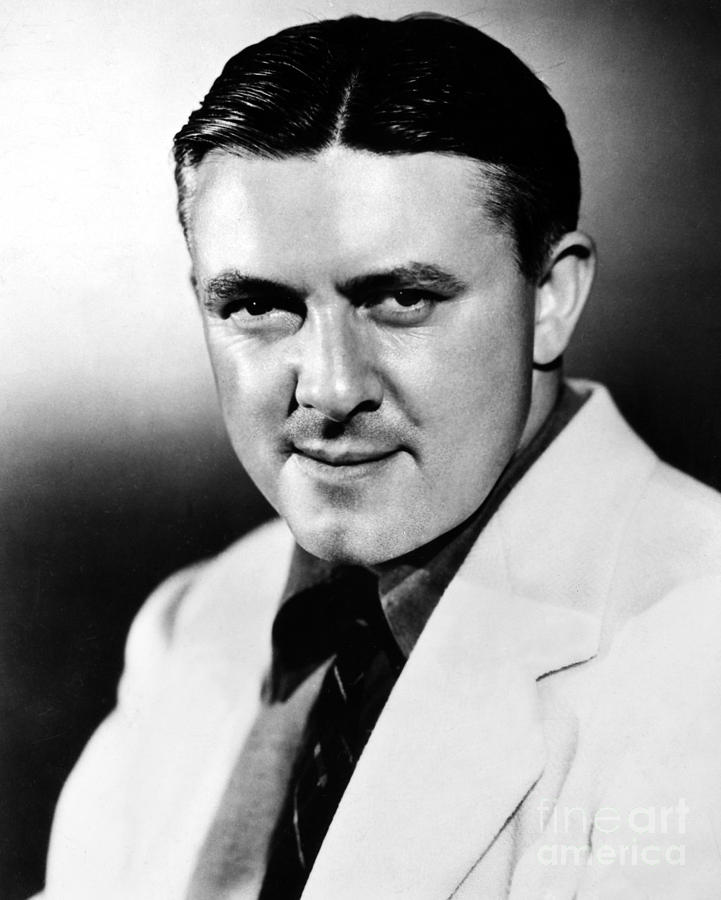James Hilton (James Hilton)

James Hilton was born in Leigh, Lancashire, England, James Hilton was the son of John Hilton, the headmaster of Chapel End School in Walthamstow. He was educated at The Leys School, Cambridge and then at Christ’s College, Cambridge, where he wrote his first novel, and was also awarded an honours degree in English literature. He wrote his two most remembered books, Lost Horizon and Goodbye, Mr. Chips while living in a house on Oak Hill Gardens, Woodford Green. The house still stands, with a blue plaque marking Hilton’s residence. He was married twice, first to Alice Brown and later to Galina Kopernak. Both marriages ended in divorce. He died in Long Beach, California, USA, from liver cancer. The Lost Horizon novel won him the Hawthornden Prize in 1934. James Hilton is said to have been inspired to write Lost Horizon, and to invent “Shangri-La” by reading the National Geographic Magazine articles of Joseph Rock, an Austrian-American botanist and ethnologist exploring the southwestern Chinese provinces and Tibetan borderlands. Still living in Britain at the time, Hilton was perhaps influenced by the Tibetan travel articles of early travellers in Tibet whose writings were found in the British Library. Christian Zeeman, the Danish father of the mathematician Christopher Zeeman, has also been claimed to be the model for the hero of the story. He disappeared while living in Japan (where his son was born in 1925), and was reputed to be living incognito in a Zen Buddhist monastery. Lost Horizon was published as the first title of Pocket Books in 1939, and is sometimes referred to as the book that began the paperback revolution.
Some say that the isolated valley town of Weaverville, California, in far northern Trinity County, was a source, but this is the result of a misinterpretation of a comment by Hilton in a 1941 interview, in which he said that Weaverville reminded him of Shangri-La. Coincidentally, Junction City (about 8 miles from Weaverville) now has a Tibetan Buddhist centre with the occasional Tibetan monks in saffron robes. The name “Shangri-La” has become a byword for a mythical utopia, a permanently happy land, isolated from the world. After the Doolittle Raid on Tokyo, when the fact that the bombers had flown from an aircraft carrier remained highly classified, U.S. President Franklin D. Roosevelt told the press facetiously that they had taken off from Shangri-La. The Navy subsequently gave that name to an aircraft carrier, and Roosevelt named his Maryland presidential retreat “Shangri-La”. (Later, President Dwight D. Eisenhower renamed the retreat Camp David after his grandson, the name by which it is known today.) Zhongdian, a mountain region of Southwest China, has now been renamed Shangri-La (Xianggelila), based on its claim to have inspired Hilton’s book.
Born
- September, 09, 1900
- United Kingdom
- Leigh, Lancashire, England
Died
- December, 20, 1954
- USA
- Long Beach, California
Cause of Death
- liver cancer
Cemetery
- Knollkreg Memorial Park
- Abingdon, Virginia
- USA



